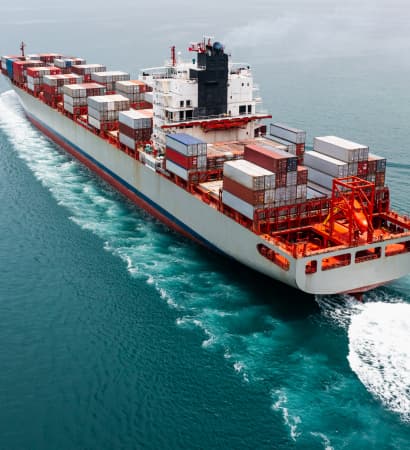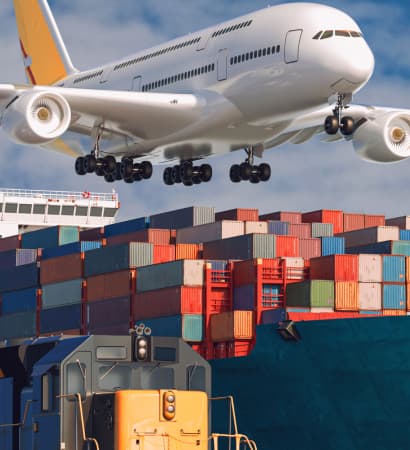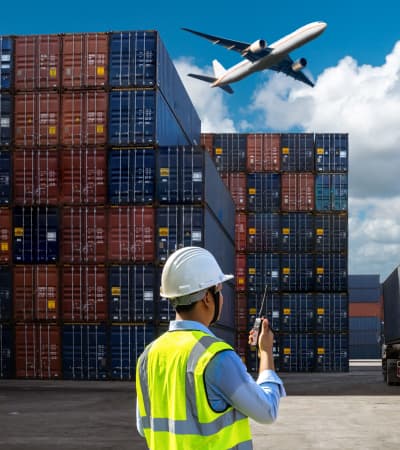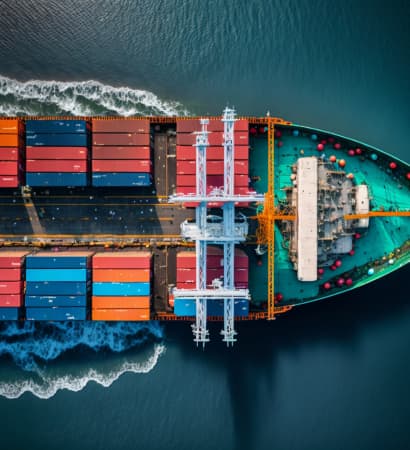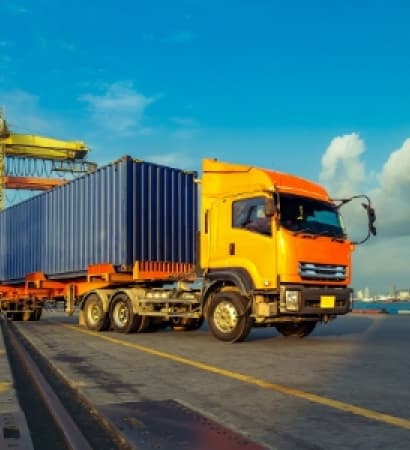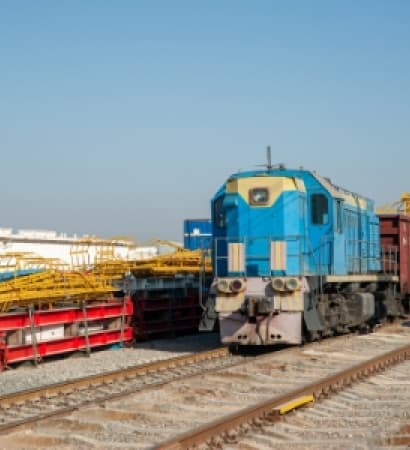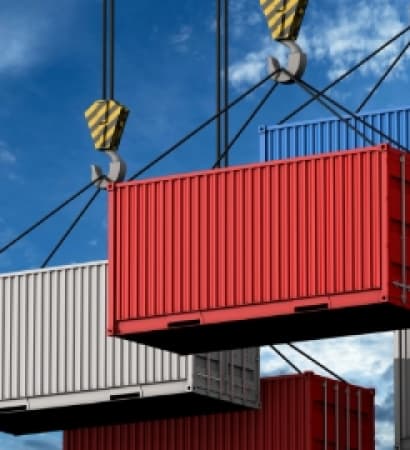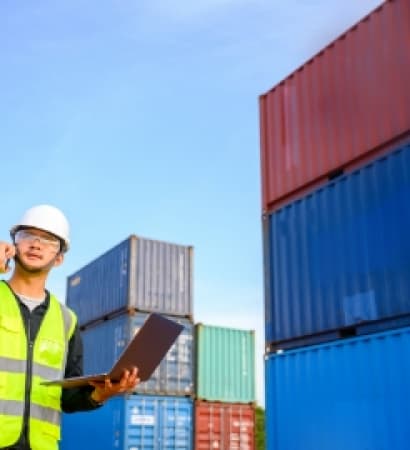Domestic Regulatory Framework for Transport and Logistics Solutions in India
The transport and logistics sector plays a critical role in India's economic growth and development. To ensure efficient and seamless operations in this sector, a robust domestic regulatory framework is essential. This document outlines key regulatory considerations for transport and logistics solutions in India.
-
Licensing and Registration:
- All transport and logistics service providers must obtain appropriate licenses and registrations from the relevant authorities.
- Different modes of transport, such as road, rail, air, and sea, may have specific licensing requirements that need to be adhered to.
- Companies operating in the logistics technology sector should comply with regulations related to the provision of software and technology solutions.
-
Vehicle Standards and Safety:
- Adherence to vehicle standards and safety norms is crucial. This includes regular vehicle inspections, compliance with emission standards, and maintenance of a safe working environment for employees.
- The use of technology for real-time monitoring and reporting of vehicle conditions and driver behavior is encouraged.
-
Customs and Trade Compliance:
- Logistic solutions involving cross-border transportation must comply with customs and trade regulations.
- Efficient handling of customs documentation and adherence to import-export norms are essential for smooth international transportation.
-
Environmental Regulations:
- Transport and logistics companies should adhere to environmental regulations to minimize their ecological impact.
- Encouraging the use of eco-friendly vehicles, optimizing route planning for fuel efficiency, and waste management are key considerations.
-
Digital Platforms and Data Privacy:
- With the increasing use of digital platforms in logistics, data privacy and security are paramount.
- Compliance with data protection laws, secure data storage, and responsible use of customer data should be integral to logistics technology solutions.
-
Labour Laws and Employee Welfare:
- Companies in the transport and logistics sector must comply with labor laws to ensure fair treatment of employees.
- Adequate measures should be taken to address the welfare of drivers and other staff, including safety training and provision of appropriate facilities.
-
Insurance Requirements:
- Adequate insurance coverage for cargo, vehicles, and personnel is essential.
- Compliance with insurance regulations and the provision of necessary documentation in case of accidents or loss is critical.
-
Infrastructure Development:
- Collaboration with relevant authorities for the development and maintenance of transport infrastructure, including roads, ports, and rail networks, is essential.
- Participation in government initiatives for improving connectivity and reducing logistical bottlenecks is encouraged.
-
Compliance Reporting and Auditing:
- Regular reporting of compliance with regulatory requirements is necessary.
- Companies should be prepared for periodic audits to ensure ongoing adherence to domestic regulatory standards.



